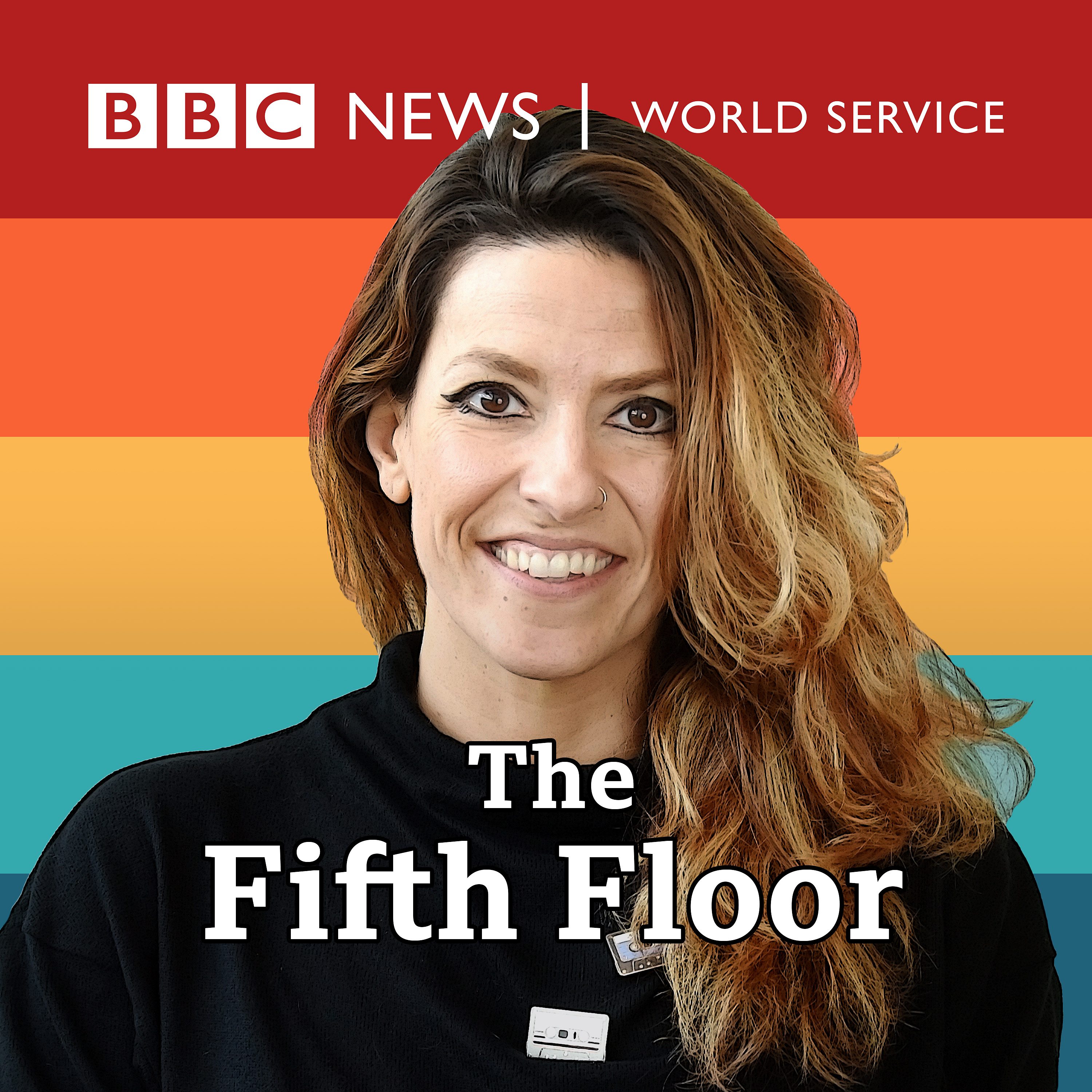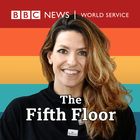
Fifth Floor
Sep 15, 2023
As the world marks the first anniversary of Mahsa Amini’s death, we hear from journalist Farzad Seifikaran, who gained an exclusive interview with her mother, Mojgan Eftekhari, for BBC Persian. Farzad, who’s from Mahsa’s home town in Kurdistan, tells us what he learned from Mojgan about the young woman whose death led to protests that shook Iran.
Job-hunting in Africa and “full-time children” A growing number of young people in China, especially recent college graduates, are struggling to find jobs. There’s fierce competition in the domestic market, and many of those who succeed in finding work get disillusioned with the long hours and constant pressure. Sylvia Chang from BBC Chinese has been talking to some who’ve opted for different solutions.
Vast destruction and vast need: Libya and Morocco Rescue teams in Morocco are still struggling to get help to some of the areas worst affected by last week's earthquake in the Atlas Mountains. Meanwhile more details are emerging of devastation caused by flooding in the Libyan city of Derna. BBC Arabic’s Saida Badri tells us about the challenges of these stories for the news team, and reflects on the aftermath of the Moroccan earthquake. Her own town was affected, and she shares the same Amazigh heritage as the people of the Atlas Mountains.
Kim Jong Un's famous train Earlier this week, the North Korean leader Kim Jong Un travelled on his private train to the Vostochny space centre in Russia's Far East for talks with President Vladimir Putin. BBC Korean's Yuna Ku tells us that the old Soviet-style green train has been the subject of much intrigue over the years, and we also hear from Suping from BBC Monitoring about the late Mao Zedong's passion for train travel.
(Photo: Protest sign showing Mahsa Amini at the Iranian consulate on October 24, 2022 in Istanbul, Turkey. Credit: Ozan Güzelce/Dia Images via Getty Images)

